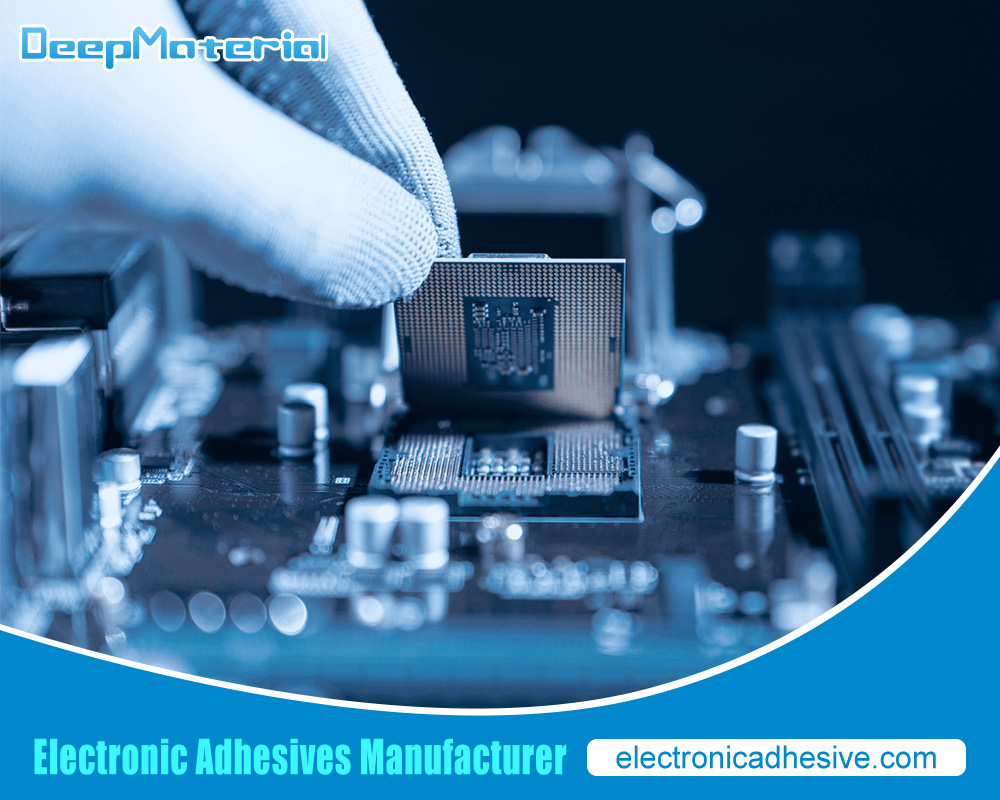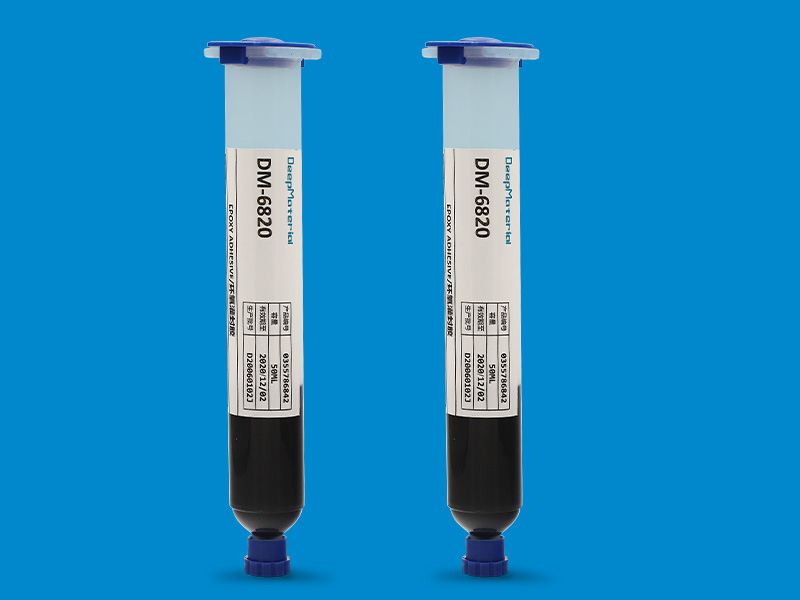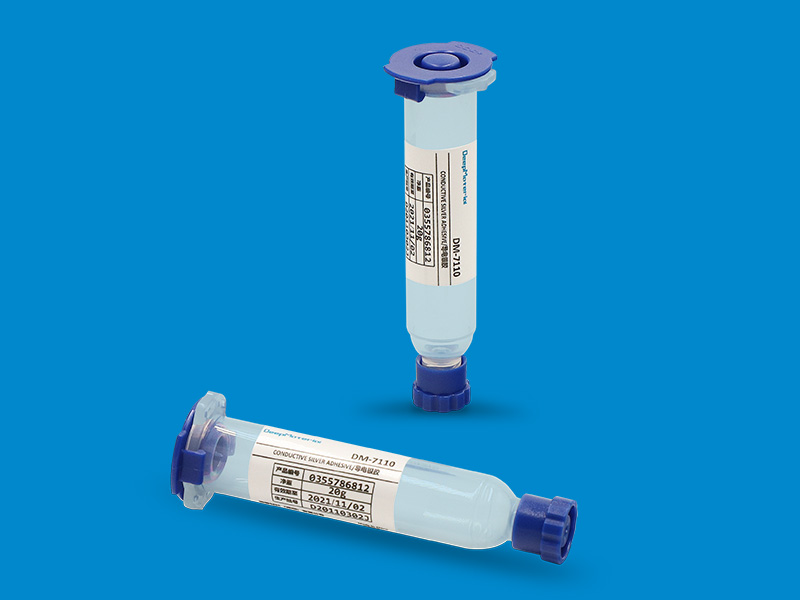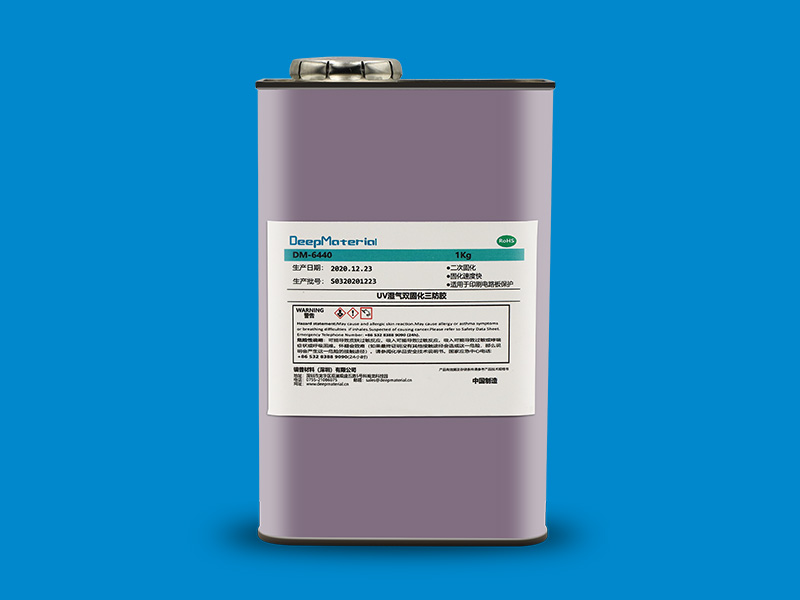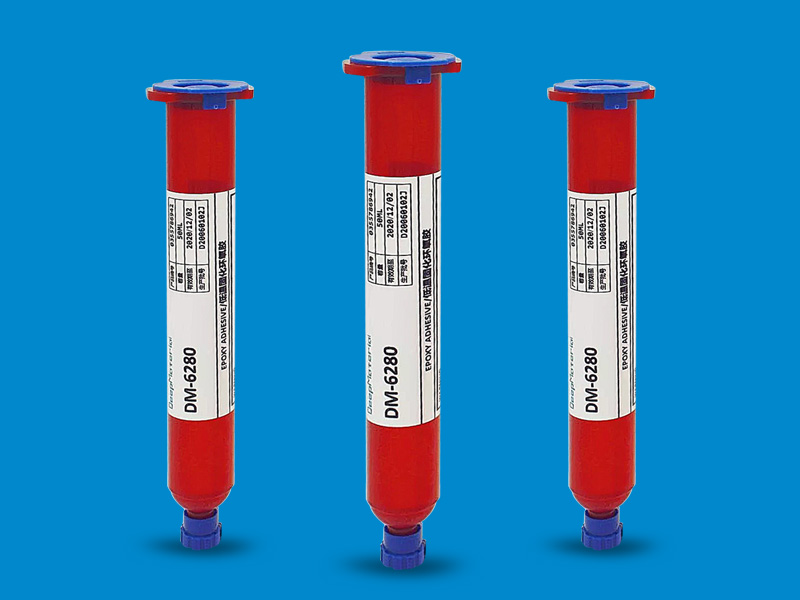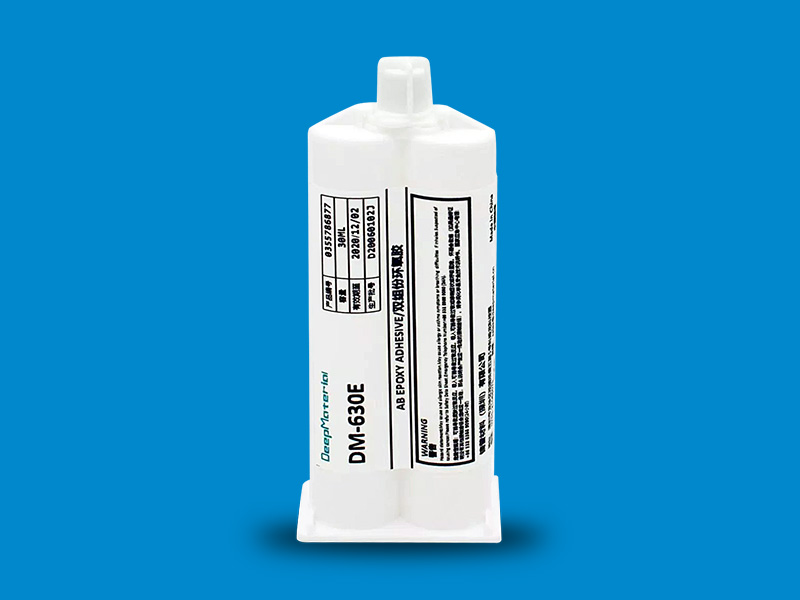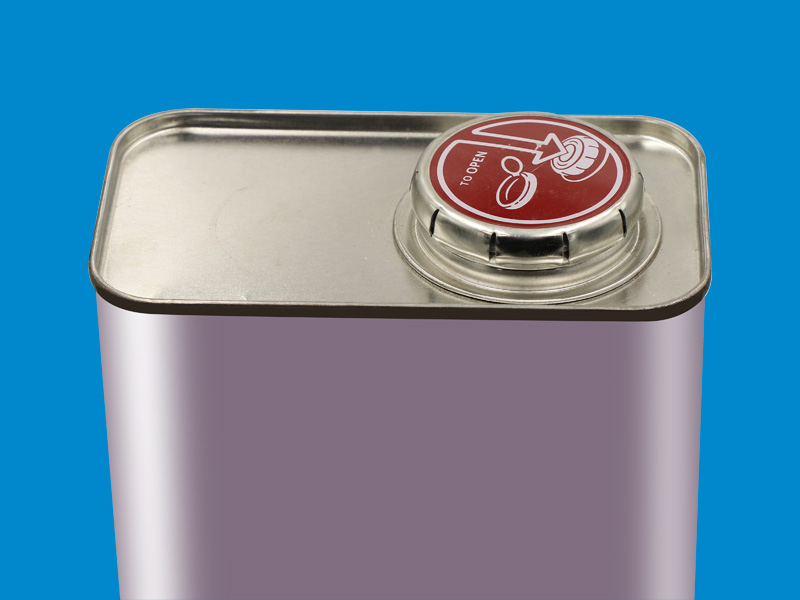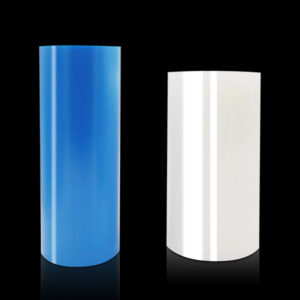Innovations in Non-Conductive Coatings: Enhancing the Performance of Glass Surfaces
Innovations in Non-Conductive Coatings: Enhancing the Performance of Glass Surfaces
Non-conductive coatings have become key to boosting the performance of glass across multiple sectors. Glass, known for its versatility, is everywhere – from your smartphone screen and car windshield to solar panels and building windows. Yet, glass isn’t perfect; it struggles with issues like corrosion, wear, and not being energy-efficient enough. Enter non-conductive coatings. These coatings add a protective shield to glass, making it more durable, energy-saving, and better performing overall.
This blog post aims to shed light on the crucial role non-conductive coatings play for glass surfaces and their benefits across various industries. We’ll dive into the latest breakthroughs in this area, especially how nanotechnology is changing the game. Plus, we’ll discuss how these coatings boost energy efficiency and protect glass from corrosion and wear. Finally, we’re looking into how different industries use these coatings and what the future holds for them.

The Big Deal About Non-Conductive Coatings and Glass Performance
Non-conductive coatings act like a protective armor for glass, stopping electricity or heat from passing through. This feature is a boon for sectors that need to curb electrical conductivity or heat transfer. Take electronics, for example, where these coatings insulate circuit boards and safeguard sensitive parts from electrical harm. Or the automotive realm, where they’re applied to windshields to prevent electronic system disruptions.
The perks of using non-conductive coatings on glass are many. They bump up glass’s lifespan and durability by fighting off corrosion and wear. This matters a lot in fields like construction and marine, where glass must endure tough environments. They also make glass more energy-efficient by blocking heat transfer, a win for sectors like architecture and automotive concerned with energy use. And not to forget, these coatings can also improve how glass looks and functions, boosting clarity and cutting down on glare.
Non-Conductive Coatings: The Latest Innovations
The quest for better, more efficient, and affordable non-conductive coatings has led to remarkable innovations recently. A standout is the exploration of nanomaterials. Nanotechnology works with materials at an incredibly tiny scale, dramatically changing their properties. By integrating nanoparticles into coatings, experts have made strides in enhancing their strength, optical qualities, and resistance to damage. This breakthrough paves the way for new uses in electronics, aerospace, and healthcare, among others.
Another exciting development is self-healing coatings. These advanced coatings can fix themselves when they get scratched or cracked, greatly extending their service life and lowering upkeep costs. They work through microcapsules or polymers that release repair agents upon damage. This self-repair ability is set to transform the durability and performance of non-conductive coatings on glass, making them even more valuable in various applications.
Nanotechnology in Non-Conductive Coatings: A Game-Changer for Glass Surfaces
Nanotechnology is revolutionizing non-conductive coatings on glass, thanks to the unique characteristics of nanomaterials. These tiny particles improve the mechanical strength, chemical resistance, and how light interacts with the coatings.
A major advantage of using nanotechnology in these coatings is making glass surfaces much more durable. Nanoparticles create a tight, even layer that shields the glass from corrosion and wear. This is incredibly useful for the marine and oil & gas sectors, where glass must withstand extreme conditions and corrosive materials.
Nanotechnology also allows for the fine-tuning of a coating’s optical qualities. By adjusting the nanoparticles’ size and type, scientists can control how light is transmitted, reflected, or absorbed. This is a big deal for fields like optics, display technologies, and solar power, where the way light interacts with surfaces is critical.
The Role of Non-Conductive Coatings in Energy Efficiency of Glass Surfaces
Non-conductive coatings significantly boost the energy efficiency of glass by acting as a thermal barrier. This is essential because glass typically lets heat pass through easily, affecting a building’s heating and cooling requirements.
In architecture and construction, applying these coatings to windows and facades cuts down solar heat entering buildings in warm weather. In cooler climates, they help keep indoor heat from escaping, making buildings more energy-efficient. This not only slashes energy bills and consumption but also aids in environmental protection by reducing greenhouse gas outputs. Plus, it makes indoor spaces more comfortable by stabilizing temperature fluctuations, lessening the need for artificial heating or cooling.
Non-Conductive Coatings for Glass Surfaces: A Solution for Corrosion and Wear Resistance
Non-conductive coatings are a go-to for safeguarding glass against corrosion and wear. Glass can corrode with exposure to moisture and chemicals and get scratched up by friction or abrasive materials.
Applying these coatings creates a defense layer on the glass, customized for specific needs like chemical resistance and hardness. This versatility makes them ideal for various industries, including marine, automotive, and manufacturing.
In the marine world, they protect vessel windows against saltwater corrosion, offering a robust solution to withstand the sea’s harshness. For automobiles, they shield windshields from road debris, enhancing both durability and driver visibility.
Consumers also win, as products coated in this way tend to be more durable, low-maintenance, and long-lasting, leading to cost savings and improved satisfaction.

Last Words
Coatings that don’t conduct electricity are super important for making glass surfaces work better in lots of different jobs. They add a protective layer that makes the glass last longer, saves energy, stops rust, and prevents scratches. The amazing part is, thanks to new tech in the tiny world of nanotechnology, there are even more ways to make these coatings do amazing things.
Industries like electronics, spaceships, cars, and health care are all over these non-conductive coatings because of the special perks they offer. They solve a bunch of problems, from keeping things from getting electrically charged to keeping them at the right temperature and stopping them from rusting.
Looking forward, there’s a lot of excitement about where these non-conductive coatings can go, especially for glass items. New materials, ways of making them, and smart features are all making these coatings even better. But, there are some hurdles like making them affordable, easy to make in big amounts, and friendly to the planet that need to be jumped over to make sure everyone can use them.
In conclusion if you’re running a business and use glass in your products, thinking about adding these special coatings could be a game-changer. They’ll make your products last longer, cut down on upkeep costs, and make your customers happier. The future’s looking bright for these coatings, and it’s a smart move for businesses to check out this cutting-edge tech.
For more about choosing the top innovations in Non-conductive coatings, you can pay a visit to DeepMaterial at https://www.electronicadhesive.com/ for more info.


